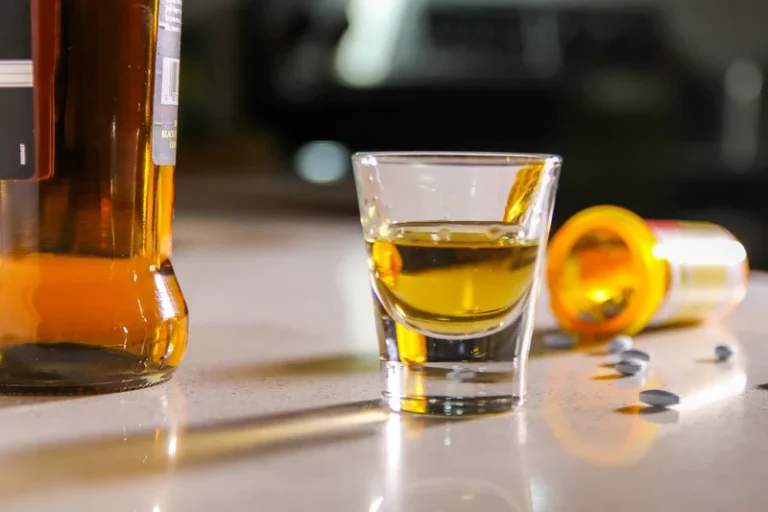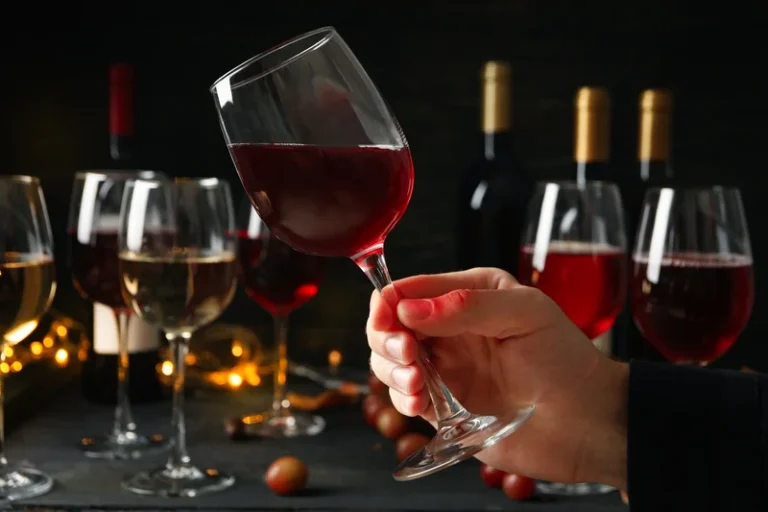
If you are experiencing symptoms of a mental health condition such as depression, anxiety, bipolar disorder, PTSD, or similar, a psychiatrist may be a good place to start. Studies have found that heavy drinkers have increased cortisol levels due to alcohol’s effects on the body. Elevated cortisol levels can lead to feelings of anxiety or restlessness. It’s a natural human response and usually passes once the situation is over – for example around a job interview.

Can quitting alcohol cure anxiety?

Excessive https://ecosoberhouse.com/ caffeine consumption can disrupt sleep patterns, further contributing to anxiety. Opting for herbal teas or decaffeinated beverages can provide hydration without the stimulating effects of caffeine. Increased irritability or mood swings may emerge, affecting relationships and daily interactions. Difficulty concentrating or focusing on tasks is another typical sign. Some people experience a heightened startle response, becoming easily frightened by sudden noises or movements.
- These mood changes, sometimes called “hangxiety,” might indicate an underlying anxiety disorder or depression.
- Contact an evidence-based treatment program for the care you need to overcome alcohol withdrawal.
- The bigger problems start when that anxiety pops up even when alcohol isn’t involved, which starts to happen if you binge for long enough.
- Alcohol has an effect on brain chemistry – it can induce panic because of its effects on GABA, a chemical in the brain that normally has a relaxing effect.
- A panic attack is a sudden episode of intense fear that triggers severe physical reactions when there is no real danger or apparent cause.
- This is because alcohol acts as a depressant on the central nervous system, altering brain chemistry and potentially triggering or intensifying feelings of anxiety.
Emotional Effects of Alcohol: Why Drinking Makes You Unstable
Panic attacks can be managed with cognitive behavior therapy and anti-depressant or anti-anxiety medications. Getting plenty of sleep is one of the best methods in helping the body recalibrate itself during alcohol withdrawal. Plentiful rest will also help calm the symptoms of anxiety and panic disorder. A heightened sense of anxiety and the onset of panic attacks are common effects of alcohol withdrawal syndrome. This is due to the way alcohol affects the brain and central nervous system.
Anxiety and Alcohol: Does Drinking Worsen Symptoms?

Common symptoms include rapid heartbeat, sweating, trembling, and a sense of impending doom. If you take medication for anxiety, or you take anti-inflammatory drugs or narcotics, drinking can cause problems with anxiety. You can become agitated and jittery because your body is busy processing the alcohol, which neutralizes the effect of these medications. Few people may realize it, but you can actually be allergic or intolerant to alcohol. Anywhere from 7% to 10% of the general population has such an allergy, though it affects about 35% of those with Asian backgrounds.
Professional Treatment Options

Paresthesias, which is more commonly known as numbness and tingling, can also occur during a can alcohol cause panic attacks panic attack. You will most likely experience this as numbness, or “pins and needles,” in certain areas, such as your lips, face, fingers, arms, feet, and legs. It is believed that the shaking that occurs during a panic attack is an overreaction of the sympathetic nervous system, part of the fight-or-flight response. As your muscles tense to “take flight,” or run away from the triggering situation, you will experience twitching and tremors. Alcohol use disorder can include periods of being drunk (alcohol intoxication) and symptoms of withdrawal.



